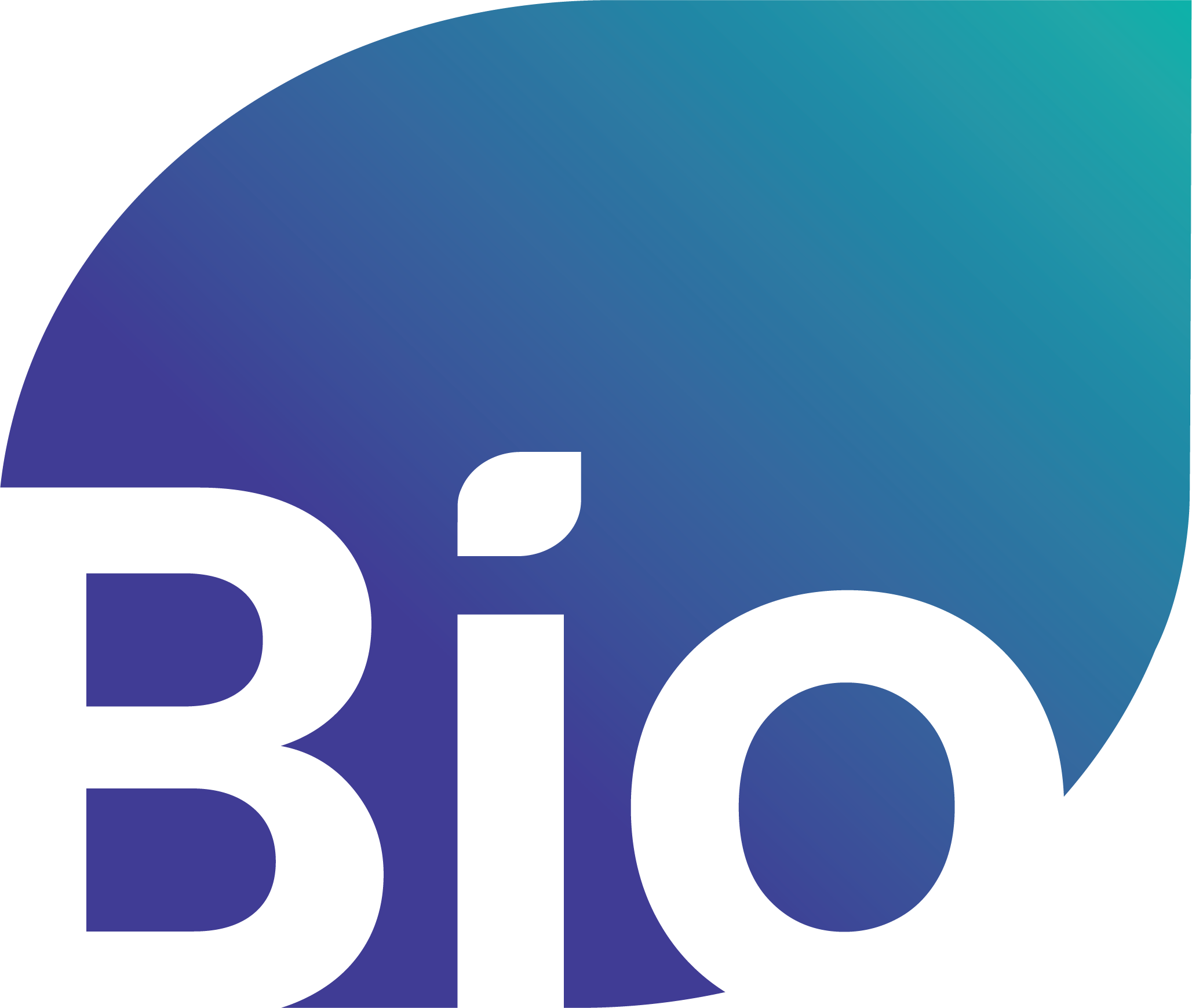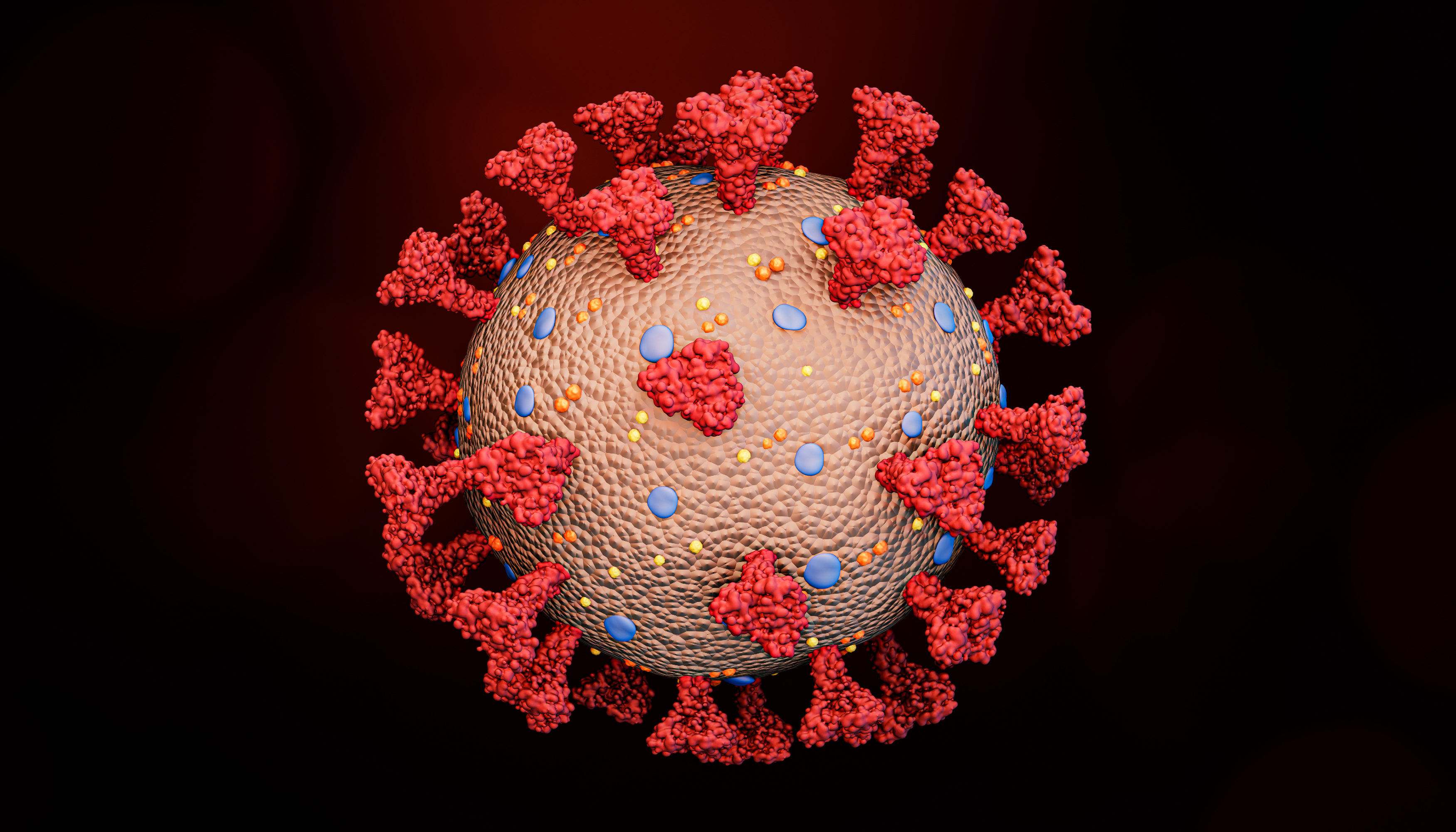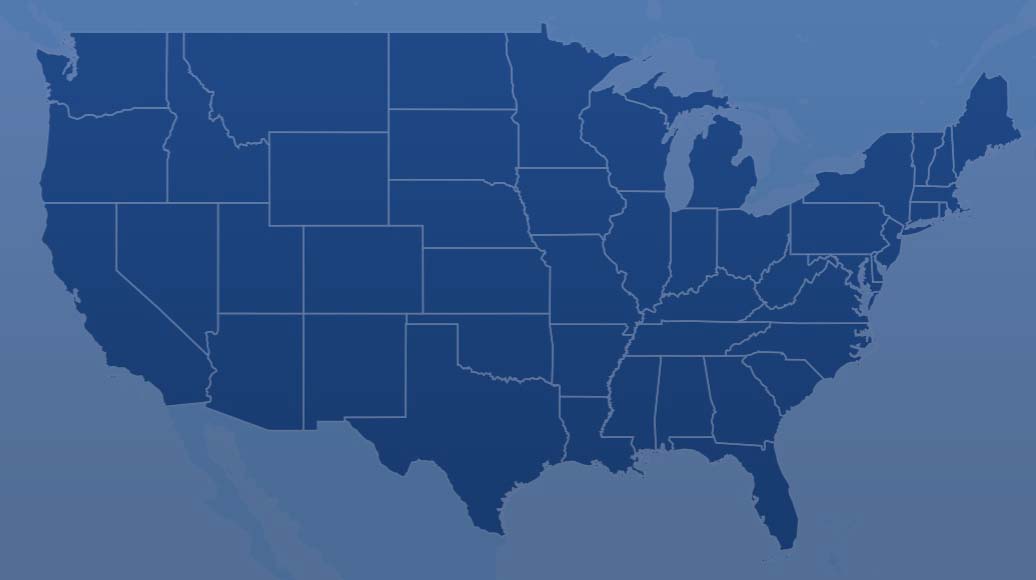- EN
- ES

An official website of the Biotechnology Innovation Organization
No, the Covid-19 vaccines will not alter your DNA.
Both vaccines currently used in the United States rely on messenger RNA, or mRNA. These vaccines teach your cells to create proteins that trigger an immune response . Within a matter of days, our cells then destroy the mRNA once they've created a protein. mRNA cannot combine with or change your DNA. It never enters the nucleus of a cell, which is where your DNA sits.
How mRNA Vaccines Work
The mRNA vaccines are injected into the upper arm muscles. Once the mRNA enter your cells, they build a harmless protein found on the surface of the virus, called a "spike protein ." The body's immune system then recognizes the spike protein does not belong and begins a response to attack the protein. That includes making antibodies, which locate and destroy the virus if it enters your body.
Once vaccinated, the immune system can better protect against future infection from the real Covid-19 virus.

An image of a virus particle covered with spike proteins (here colored orange-red).


